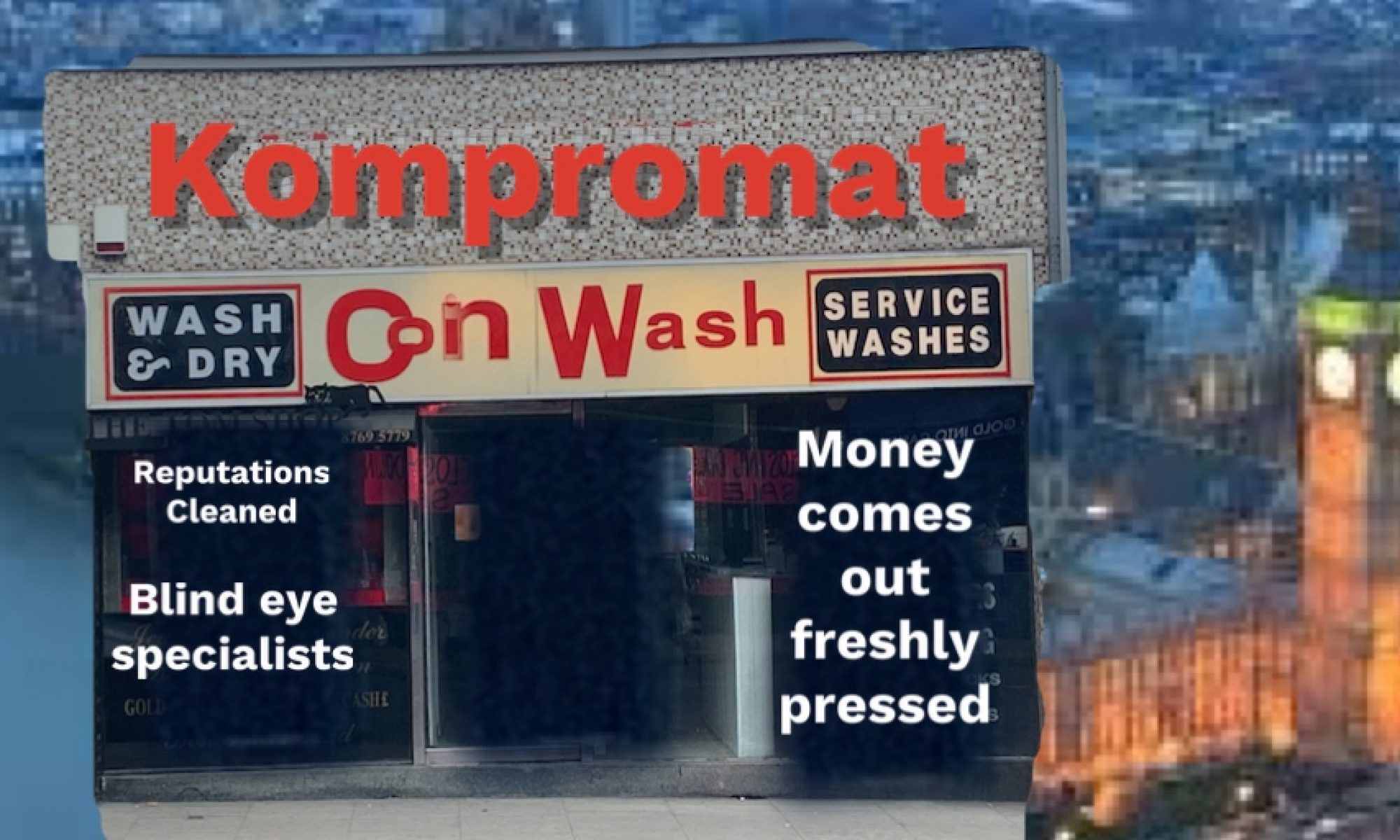Most of 2021 has seen parts of the country afflicted by sporadic, worsening and most of all baffling shortages of food stuffs on supermarket shelves. Although luckily for the Executive if you’re still a committed Brexiter or Lexiter you’re visually incapable of seeing the gaps. And even if you do see them you’ll be able to explain them away with magic. So it’s not yet as bad as it could be.
“We still had to act quickly on the supply side issues,” a 10 Downing Street source told LCD Views. “The decision to shroud empty shelves in cardboard cutouts of food was a revolution in the shopping habits of Britons. Clearly if we can produce images of food the food will follow as what did we photograph in the first place to make the cutouts? There is nothing to worry about, except perhaps a waistline that is slimmer than your target.”
Happily the technology deployed against the faltering post-Brexit supply chains can also be used to deal with environmental disaster.
“The pumping of billions of gallons of untreated human waste into English rivers, streams, lakes and the sea could have been a disaster if we had a less nimble government,” the source explains. “Can you imagine the potential damage to shareholder profits if an insane PM was in power? One who said to private water companies you’ve taken £51 billion or so in profits and done bugger all to sort out the aged infrastructure? Fix it. Calamity would have followed. Committed water utility owners would likely have exited the market and moved straight into PPE. Which between you and me is still an attractive sector as it doesn’t rely on importing purification chemicals from the EU. Unlike water.”
It is hoped none of the water utilities will jump shit, but to ensure they stay seated the government has engaged local councils.
“Any seaside council now has to adorn the beachfront with giant posters of a clean beach. One that isn’t polluted with Brexshits. It’s a total boom for the events and advertising, graphic design and haulage industry. Just one of the many examples of how innovation is driven by Brexit.”


